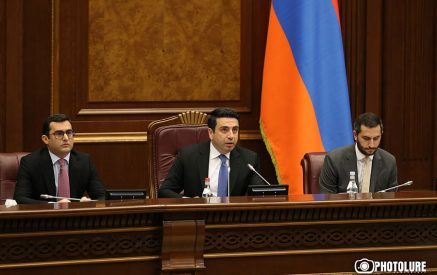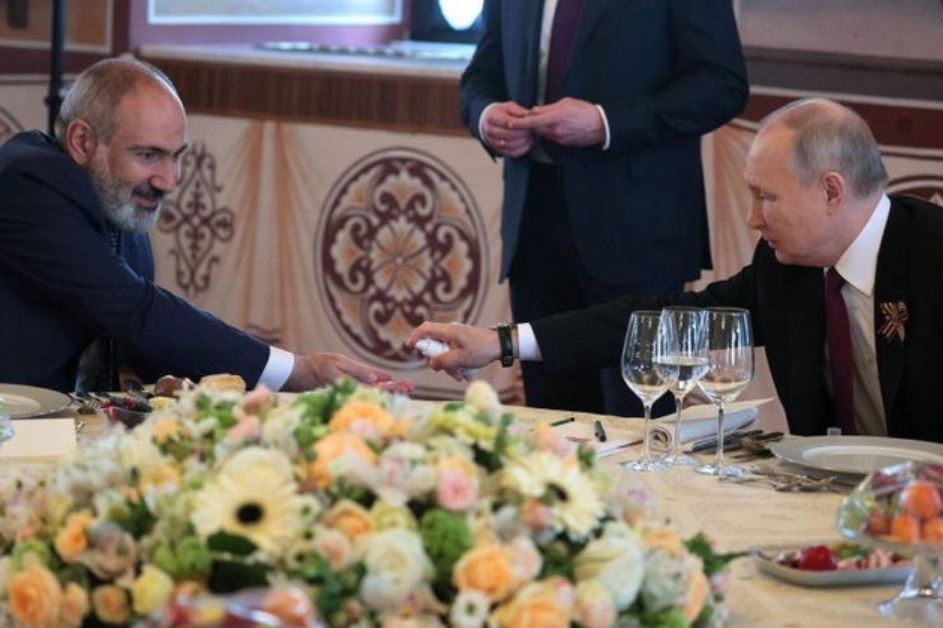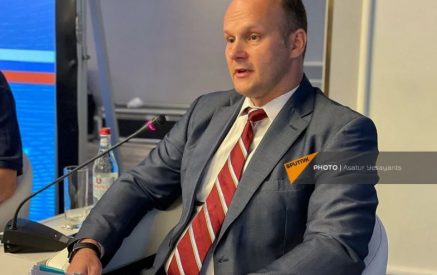If Yevgeny (not Dmitry) Kiselyov had come to Armenia, and being hosted by the National Assembly, had expressed opinion on the Armenian-Russian relations, would it be a topic for common discussion? If the editor-in-chief of “Novaya Gazeta”, Dmitry Muratov, had told any of us that the young taxi driver could not communicate with him in Russian, would we see “great-power chauvinism” in it? Of course, not.
Why? Because the said people are journalists. And we, the journalists, should represent only ourselves and our media. As soon as we begin representing any government, opposition, a party, an economic group, a state or state agency, we cease being a journalist, and every our word, written or uttered, is perceived as a viewpoint of given group or the state.
Dmitry Kiselyov not a journalist. He is the representative of the Kremlin’s aggressive and brutal campaign, in fact, he is a state official, moreover, with his real status he is higher than many other Russian state officials, almost a “Minister of Truth” (if we recall the famous novel by George Orwell). He definitely is one of the 300 “journalists” awarded by Putin’s secret decree who, in the opinion of Russia’s president, have “objectively covered” the events in the Crimea.
The Republican MPs would not listen to the judgments of any real journalist with this kind of attention. If Dmitry Kiselyov were a journalist, they would not perceive the guest’s “leadership instructions” with such obedience on how we should organize our domestic life. And in this case, the main message by the Russian government official is quite clear: Do you want security? Then you must recognize our totalitarian culture. Not the Russian culture that has great democratic traditions, but the civilization impulse coming today from the Kremlin.
Read also
I do not want to discuss Kiselyov’s ideas here; they are repeated almost every day by Russian officials, ideologists, and propagandists. I would better go back to the difference between journalists and non-journalists. I, for example, have a hard time talking to many of my Azeri colleagues, because usually they come to communicate with us as the representatives of their state and have some “mandatory program”, i.e. “20% of the occupied land, one million refugees” and so on.
I also prefer not to debate with our, the Armenian political party campaigners. I am interested in the thinking of an individual, a personality, regardless of whether I agree with it or not.
ARAM ABRAHAMYAN






















































